Henry Kissinger: Architect of Global Diplomacy is the definitive biography of one of history’s most astonishing and controversial leaders.
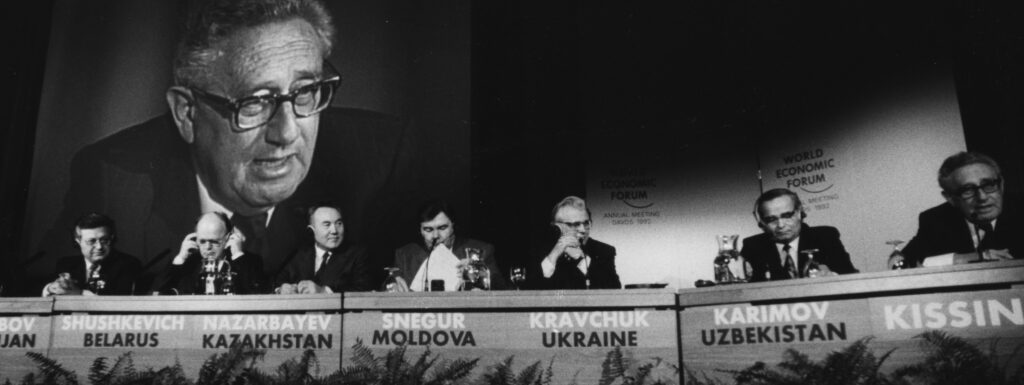
Table of Contents
1. Introduction: Henry Kissinger: Architect of Global Diplomacy
Henry Kissinger: Architect of Global Diplomacy, In the annals of history, few names hold as much significance in the field of international diplomacy and geopolitics as Henry Kissinger. Renowned for his strategic thinking and diplomatic finesse, Kissinger played a vital role in shaping global relations during a critical era of the 20th century. This blog sheds light on the life, achievements, and lasting legacy of the man often described as the “architect of American foreign policy.”
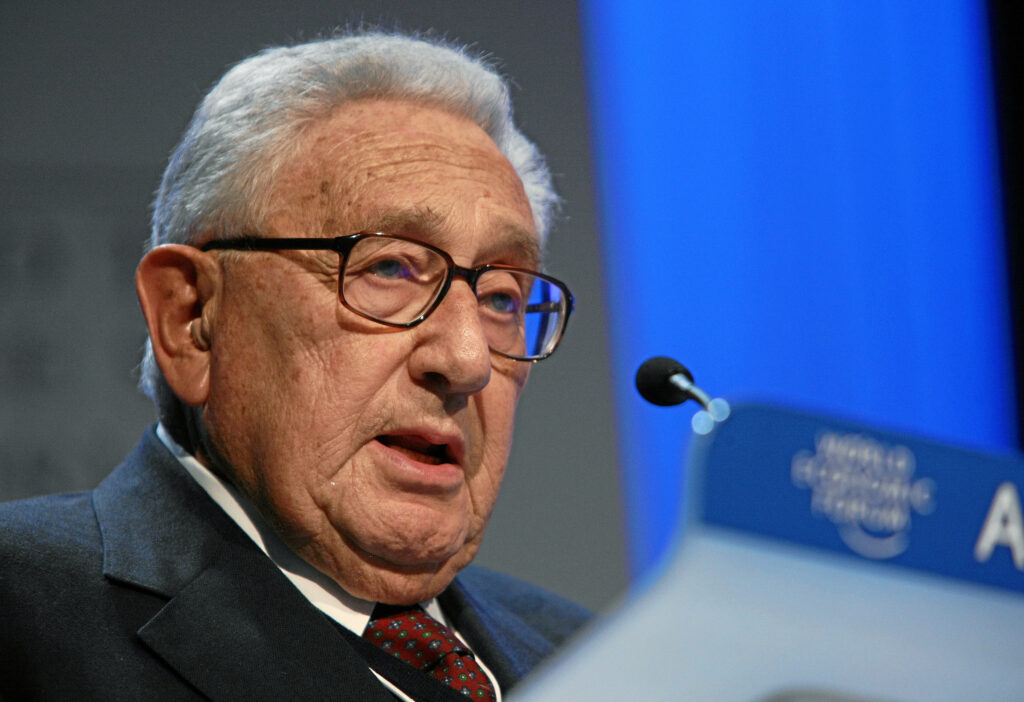
2. Early Life and Academic Brilliance
Henry Alfred Kissinger was born on May 27, 1923, in Furth, Germany, during tumultuous times. Escaping Nazi persecution, his family sought refuge in the United States in 1938, searching for safety and a better life. This early experience profoundly influenced his perspective on international relations, emphasizing the importance of diplomacy and negotiation in times of conflict. Henry Kissinger: Architect of Global Diplomacy Kissinger excelled academically, earning a Ph.D. in government from Harvard University in 1954. His doctoral dissertation on the balance of power in 19th-century Europe garnered attention from scholars and paved the way for his future success.
3. Role in American Politics
Henry Kissinger’s meteoric rise to prominence occurred during the late 1960s under the Nixon administration, where he served as National Security Advisor and later as Secretary of State. Throughout his tenure, he played a central role in shaping American foreign policy, particularly regarding the Cold War and U.S. relationships between the Soviet Union and China.
One of his most significant achievements was the secret diplomacy he engaged in with Chinese Premier Zhou Enlai in 1971, leading to President Richard Nixon’s historic visit to China the following year. This ground-breaking “opening” of China contributed to redefining the geopolitical landscape and opened new avenues for diplomatic engagement between the East and the West. Henry Kissinger: Architect of Global Diplomacy
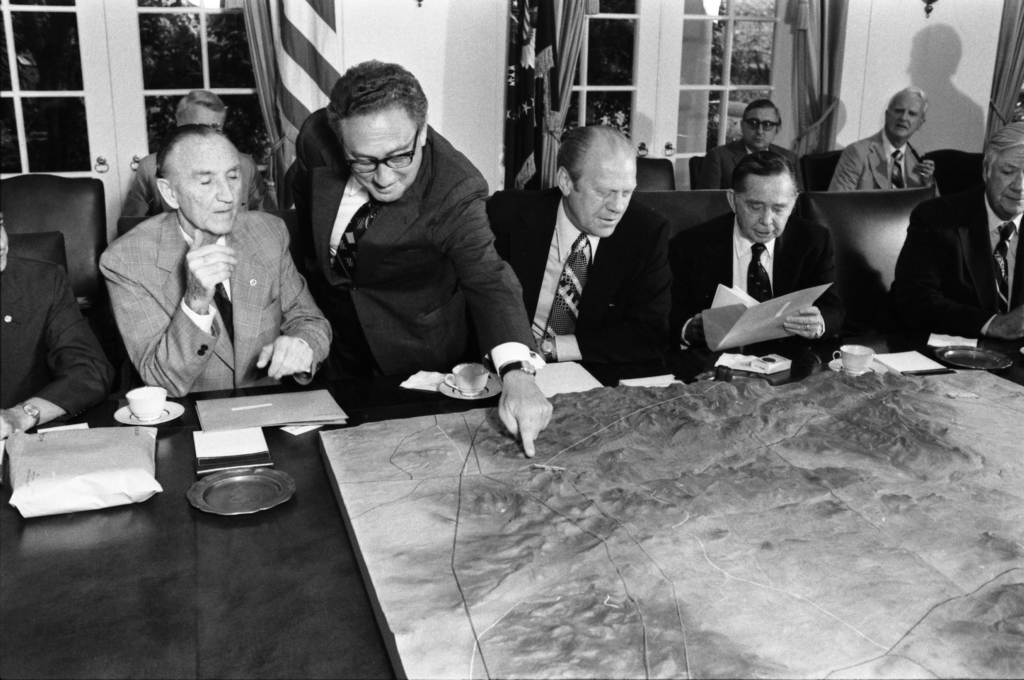
4. Ending the Vietnam War
Another defining aspect of Kissinger’s career was his involvement in negotiating an end to the Vietnam War. As a skilled negotiator, he participated in challenging peace talks with North Vietnamese representatives in Paris. These talks culminated in the Paris Peace Accords of 1973, providing a framework for the withdrawal of U.S. troops from Vietnam and laying the groundwork for a ceasefire.
However, critics raise concerns about the heavy human toll of the war and question the effectiveness of the policies pursued during this time. Henry Kissinger: Architect of Global Diplomacy. The long-term impact of the Vietnam War on Vietnam and its neighbouring countries continues to be a subject of debate.
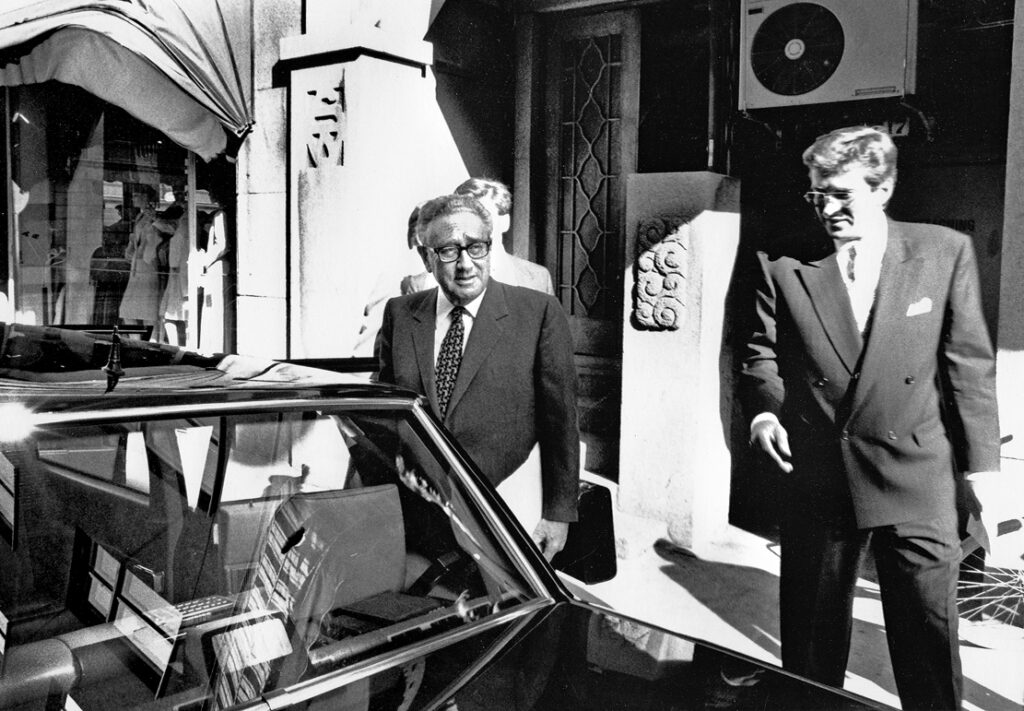
5. Nobel Peace Prize and Controversy
For his efforts in negotiating an end to the Vietnam War, Henry Kissinger was jointly awarded the Nobel Peace Prize in 1973, alongside North Vietnamese negotiator Le Duc Tho. However, peace remained elusive as the war escalated again shortly after the signing of the accords.
Kissinger’s Nobel Peace Prize win received both praise and criticism. While supporters lauded his efforts to seek diplomatic resolutions, critics highlighted his alleged involvement in covert operations and controversial actions during his time in power. To this day, his legacy remains a topic of complex and nuanced discussion among historians and policymakers.
6. Impact on Global Politics
Henry Kissinger’s influence on global politics extended well beyond his time in office. His realpolitik philosophy, prioritizing national interests and power dynamics in international relations, continues to shape diplomatic strategies worldwide.
Kissinger’s dedication to diplomacy and statesmanship also led him to participate in numerous high-level diplomatic missions after leaving office. Henry Kissinger: Architect of Global Diplomacy, His counsel was sought by various U.S. presidents, and he remained an influential figure in the world of international relations.
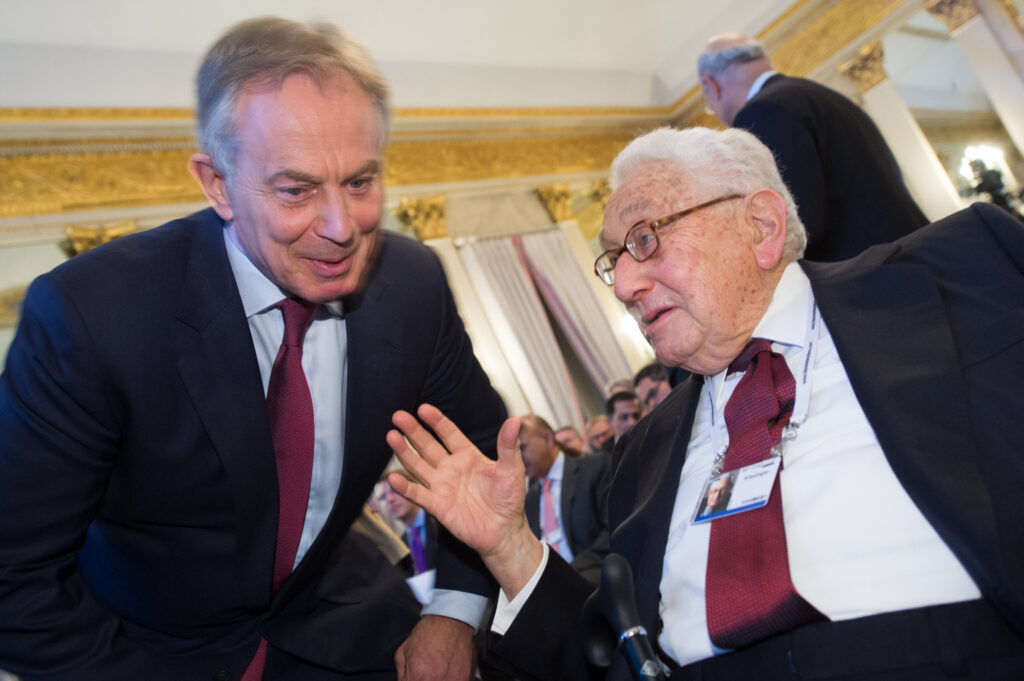
7. Conclusion
Henry Kissinger’s life stands as a remarkable testament to the power of diplomacy and the impact one individual can have on the world stage. Through his endeavours, he sought to bridge the divide between nations, foster understanding, and promote peace. While his legacy is not without controversy, there is no denying that his contributions left an indelible mark on global politics. Henry Kissinger: Architect of Global Diplomacy
As we continue to navigate the complexities of a rapidly changing world, the lessons learned from the life and work of Henry Kissinger remind us of the potency of diplomacy in shaping a brighter future for all nations. Personal Finance 101: How to Manage Your Money – 99knowledge.com %search_

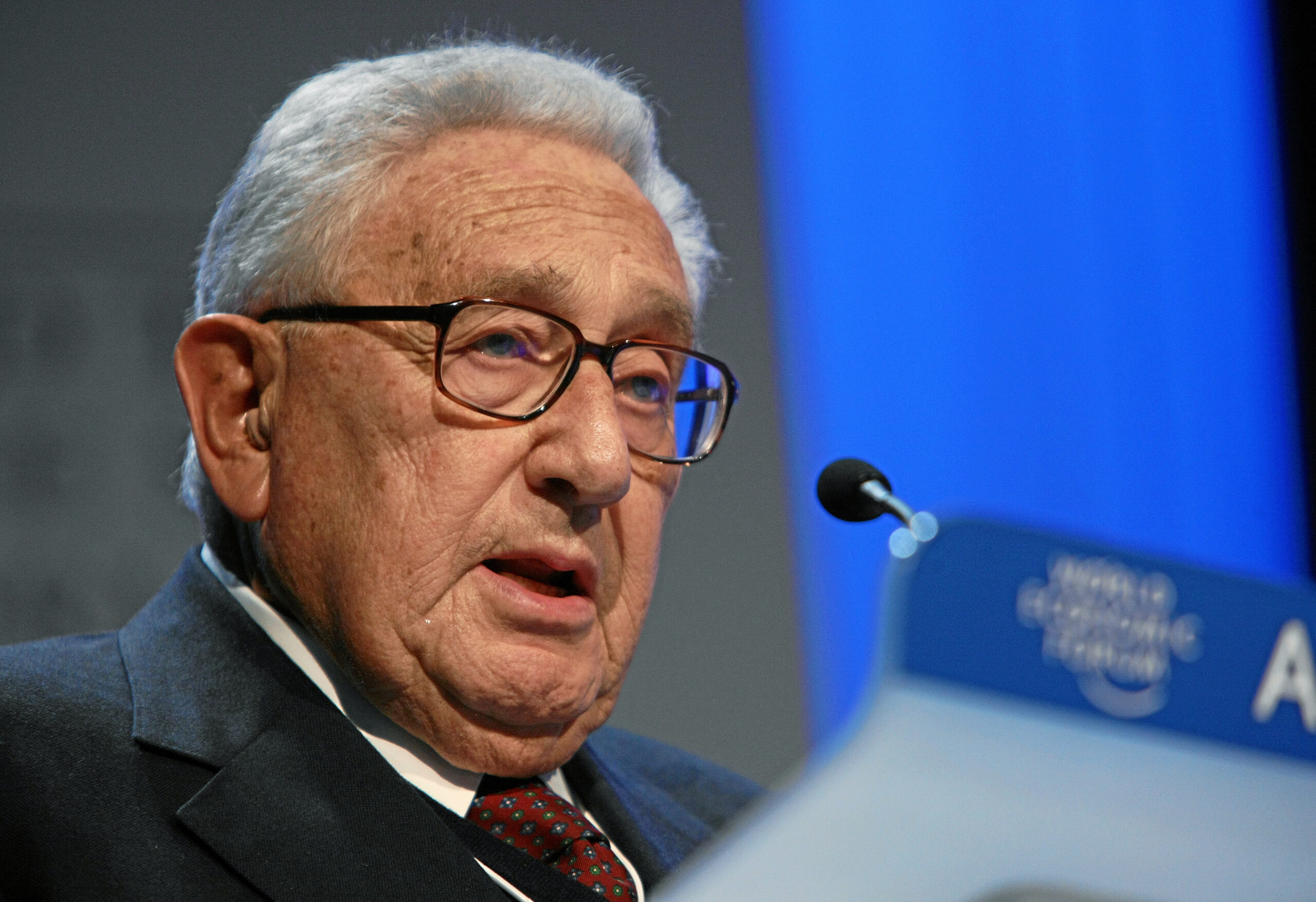
1 thought on “Henry Kissinger: Architect of Global Diplomacy”